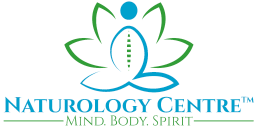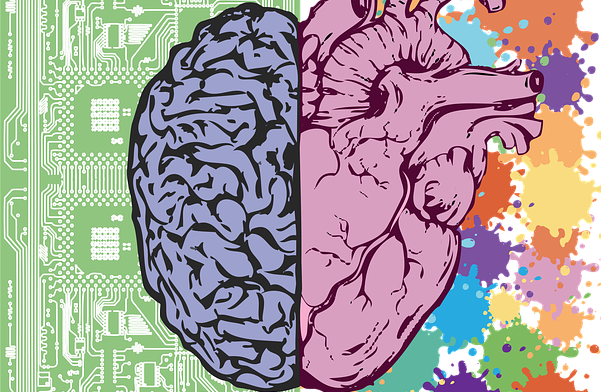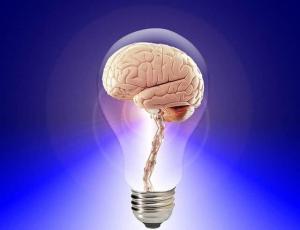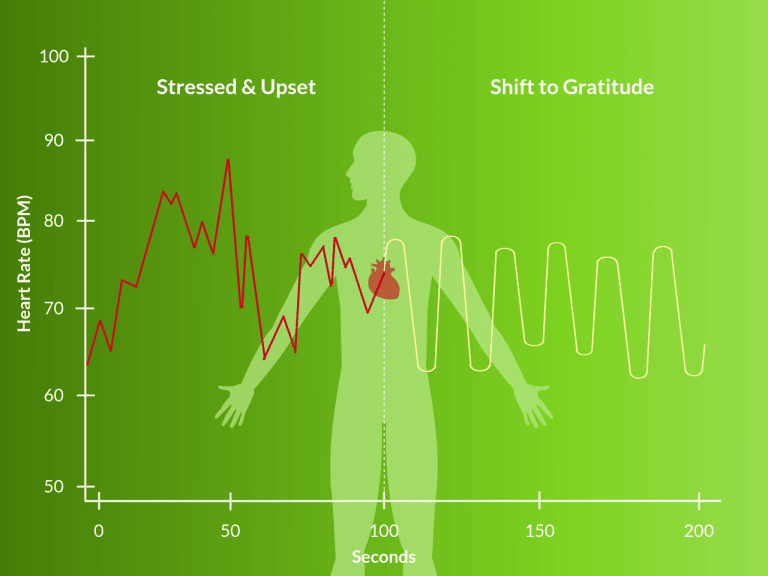Naturopathic Hypnotherapy for Weight Loss
Welcome to the intriguing world of naturopathic hypnotherapy for weight loss in Moncton! This unique combination of natural healing and the power of the mind offers a fascinating journey into holistic health. Let’s dive into some fun facts that make this approach stand out in your search of wellness options.
The Power of the Mind-Body Connection
Naturopathic hypnotherapy taps into the subconscious to alter eating behaviours, exercise motivation, and stress responses, demonstrating the profound impact of our mental state on physical health.
More Than Just ‘Losing Weight’
This therapy doesn’t just focus on shedding pounds. It transforms your relationship with food, exercise, and the body, promoting long-term health and well-being.
Ancient Wisdom Meets Modern Science
While hypnotherapy might seem modern, its roots trace back to ancient practices. With naturopathy’s focus on natural remedies, it blends age-old wisdom with contemporary science.
The Language of Change
In naturopathic hypnotherapy, the language used is crucial. Positive affirmations and permissive suggestions guide the subconscious towards healthier choices, highlighting the incredible influence of words on our behaviour.
Stress: The Hidden Culprit
Stress is often a significant yet overlooked factor in weight gain. Naturopathic hypnotherapy addresses stress directly, helping to alleviate its impact on eating habits and weight.
Customized to Your Unique Journey
Every session is tailored to individual needs and goals, making each person’s journey through naturopathic hypnotherapy as unique as their fingerprint.
Sustainable, Not Instant
Unlike fad diets offering quick fixes, this approach fosters sustainable change, focusing on long-term health rather than immediate but fleeting results.
Beyond the Scale
Success in naturopathic hypnotherapy isn’t just measured in pounds lost. Improvements in overall mood, energy levels, and self-esteem are equally celebrated.
A Symphony of Techniques
This therapy doesn’t stand alone; it involves nutrition, exercise, heart rate variability, visualization, meditation, and guided imagery, creating a symphony of holistic strategies to support weight loss.
Empowering Self-Healing
One of its most empowering aspects is its focus on self-healing. It equips individuals with tools to manage their health, fostering a sense of autonomy and resilience.
Naturopathic hypnotherapy for weight loss at Naturology Centre is more than a service; it’s a holistic journey to self-discovery and lasting health. You’re changing your mindset, weight, and life by embracing this safe, natural approach!









